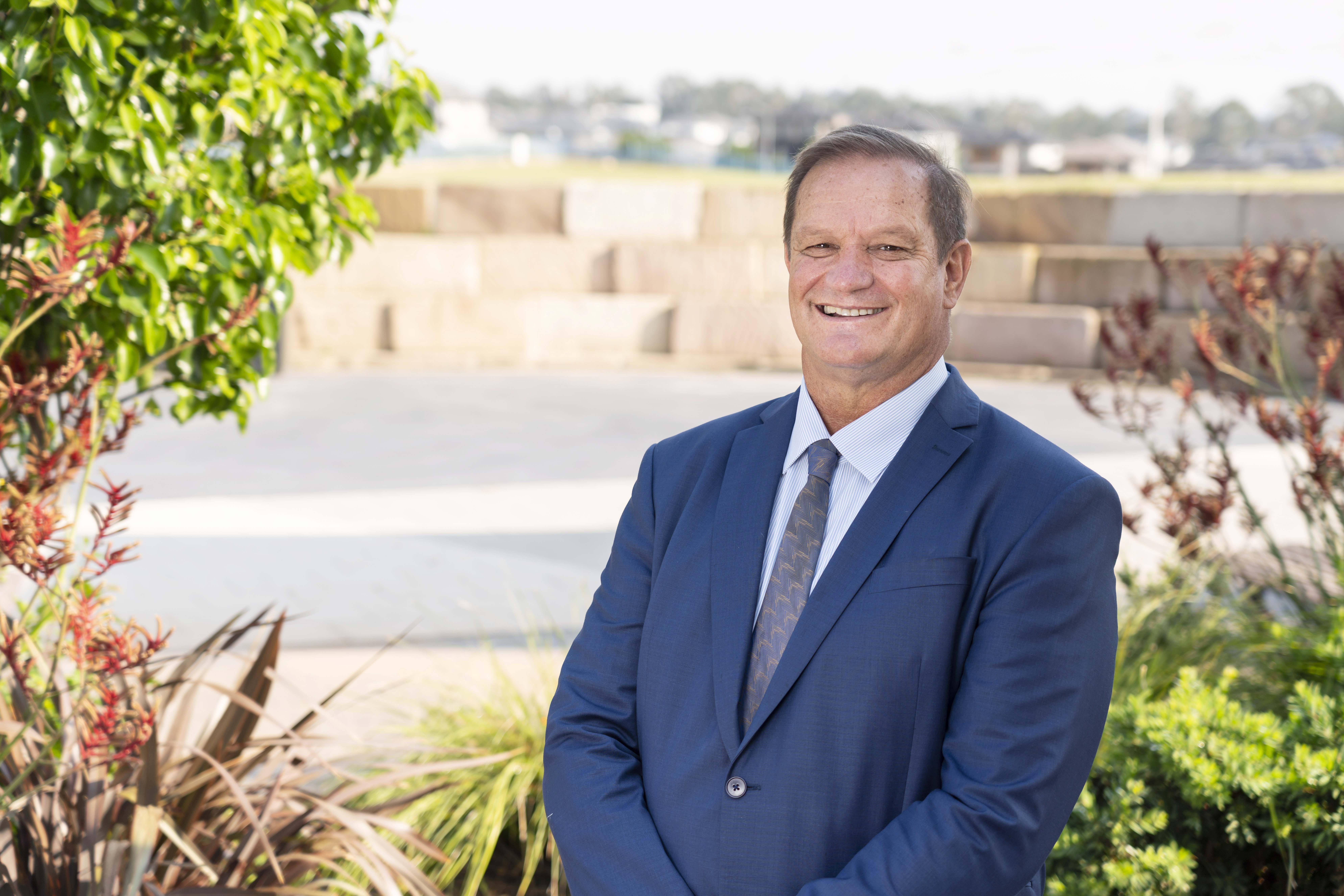In previous newsletters we have been looking at Thomas Hassall’s ‘Graduate Aims’. The graduate aims are simply the characteristics that we are wanting to develop in our graduates as they progress through the College to graduation. These aims encompass a complex array of skills and values that are aligned with our Christian worldview and should be demonstrated in all areas of life and learning. Over the past few months we have looked at the following characteristics:
- Passionate and Purposeful Learners
- Creative, Curious and Critical Thinkers
- Resilient Learners
- Hopeful and Optimistic Students
- Students who are committed to Loving Relationships
This fortnight we are looking at the importance of Self-Regulation. To this end, we seek to grow students who are able to monitor and correct their own learning processes, whether academically, emotionally, spiritually or physically. One of the challenges to overcome in our post-modern culture is the obsession with satisfying our own immediate needs and priorities over the long term benefits that patience and perseverance might bring. For instance, it is hard for teenagers to abstain from their mobile phones during study times but this is one of the skills that is required to maximize our time in study.
Self-regulation requires students to be self-disciplined and to moderate their behaviour in favour of ensuring we maintain focus. This skill is expressed in a range of key areas from academic and emotional regulation to maintaining physical disciplines.Academic Self-Regulation: Students must develop the ability to monitor and direct their own learning. This means improving the way they reflect on their study/classroom habits and then applying appropriate goal-setting strategies to ensure improvements are made. This will also require the development of problem-solving skills in order for students to take initiative and overcome obstacles in their learning without unnecessary external intervention. Too often students/parents rely on teachers/tutors to intervene when what is required is the individual student to develop disciplined habits in their study/learning. This is also rooted in a willingness to engage with, and learn from, teacher feedback. Student growth will be limited if students are risk-averse, and we would therefore seek to grow students who have the courage to take calculated and responsible risks in their learning.
Emotional Self-Regulation: It is clear from research that students who are experiencing difficulty in their emotional wellbeing will be limited in their ability to learn. Therefore, we seek to grow students who understand their emotions (are emotionally literate) and can apply appropriate skills to regulate their emotional responses in order to prevent them from unnecessarily interfering with the learning process. This is also paired with growing resilience or grit in students that they might be able to apply regulatory strategies to assist in persisting through emotional difficulties. An important part of emotional regulation is being able to achieve an appropriate life balance and taking appropriate opportunities for rest.
Physical Self-Regulation: Physical health is important, not only in its own right but, also because it has impacts on emotional wellbeing and a student’s ability to focus and learn. Therefore, we seek to promote students who are able to regulate their diet, exercise and sleep habits, along with lifestyle choices in order to regulate their physical wellbeing.
Self-regulation can be described in the Bible through different characteristics, including: self control, perseverance and patience. Self Control is one of the characteristics that the Apostle Paul cites as an indicator of God working in our lives. Let me commend this to you as one of the important characteristics for successful living.
But the fruit of the Spirit is love, joy, peace, patience, kindness, goodness, faithfulness, gentleness, self-control; against such things there is no law. Galatians 5:22-23


